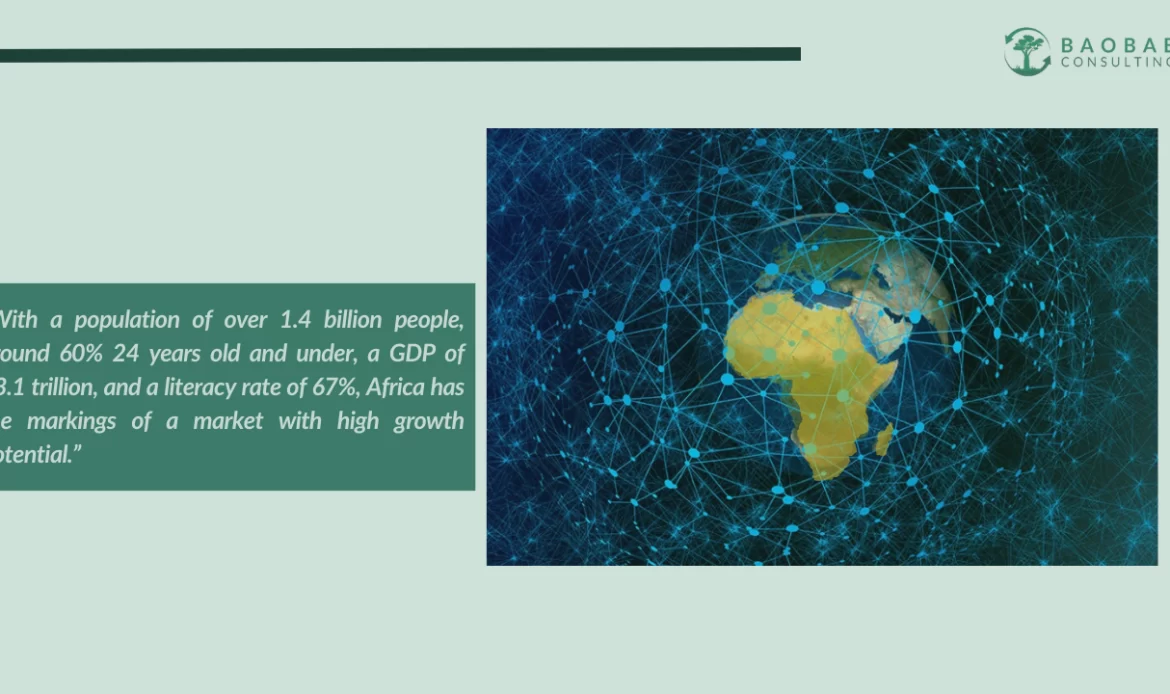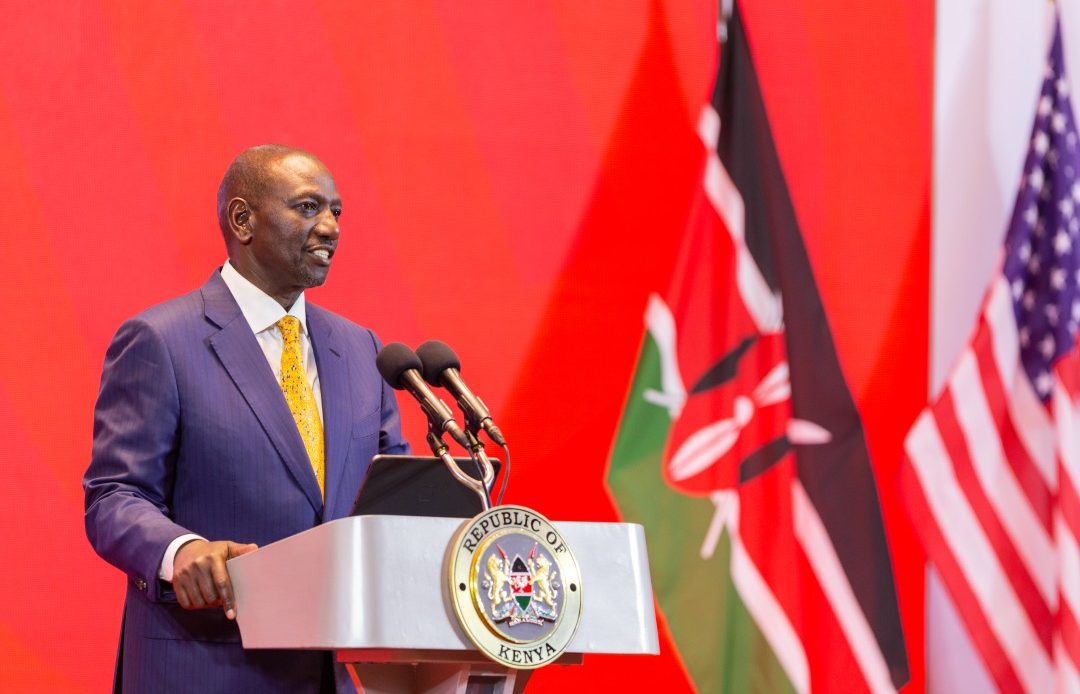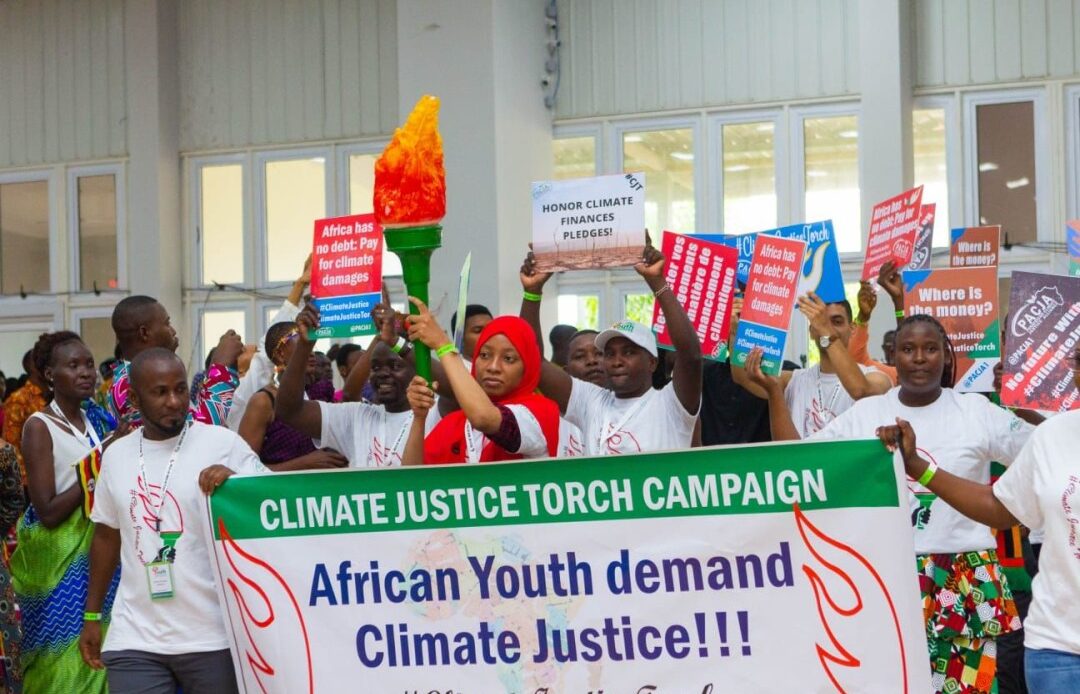By: Lyne Mendy
Two years into a pandemic and surrounded by ongoing conflicts, the global socioeconomic environment is proving its fragility. African countries can strengthen their economic sustainability and progress social change through entrepreneurship. In Africa, few used to dare embark on an entrepreneurial journey, especially among financially stable professionals. Today, entrepreneurship has become the new normal.
Employee-preneurship is the activity of running a for-profit business while working a full-time job. The rising prevalence of employee-preneurship largely results from government efforts to promote entrepreneurship and individual efforts to improve their financial security, especially as the cost of living is increasing. Senegal could benefit from employee-preneurship by making adjustments for economic development, facilitating access to finance, and implementing programs, policies and guidelines for best practices and capacity building.
The Landscape of Employee-Preneurship in Senegal and Africa
The Senegalese government has taken several measures to stimulate economic growth and promote entrepreneurship. They implemented the Emerging Senegal Plan (PSE), a unique reference document for economic and social development policies. The government developed the Business Environment and Competitiveness Reform Program (PREAC) that has allowed numerous innovations such as the abolition of the share capital for the creation of an LLC and the creation of one-stop shops for quick business start-ups. Lastly, they established the National Agency for Small and Medium Enterprise (SME) development (ADEPME), to provide non-financial services to SMEs, and the Rapid Entrepreneurship Delegation fund (DER) for women and young entrepreneurs, which targets youth (up to 40 years old) and women above 18 years old.
Read more about the DER and SME landscape in Senegal in a previous white paper by Tayb Fall, Co-Founder and Chief Business Officer at Baobab Consulting.
Despite this progress, the informal sector still dominates the Senegalese economy. It is still difficult for SMEs to borrow, and skills in business and market knowledge are low across the continent. Informality is perceived to be a barrier to employee-preneurship because a large informal sector is usually associated with low productivity, reduced tax revenues, poor governance, excessive regulations, poverty, and income inequality .
According to the ILO, more than 60% of the world’s employed population is in the informal economy. In Africa, 85.8% of employment is informal, largely due to low levels of education in the population. Global trends show that when the level of education increases, informality in the economy decreases. Job seekers who have completed secondary and tertiary education are less likely to be in informal employment compared to workers who have either no education or completed primary education. Job seekers from rural areas are more likely to work in the informal sector and attain lower levels of education.
These trends, however, are not necessarily reflective of the Senegalese reality. Nowadays, informal sector workers are from different socioeconomic backgrounds and include the well-educated, relatively well-off, urban professionals.
This unexpected turn in trends in employee-preneurship might even contribute to the saturation of the entrepreneurial sector. The Senegalese have always been reputed to have a “xoslu” (meaning hustle in Wolof) mentality, but several other factors may lead to this phenomenon. Perhaps, it is attractive to have the ability to self-fund with a stable income until the business becomes profitable. Alternatively, many Senegalese have limited access to multiple streams of income with no possibility of getting part time or second jobs.
The rapid population growth and high cost of living make it difficult to live on a single income. Rising inflation is forcing individuals to earn extra money to survive. Dakar ranked as the most expensive city to live in Africa as of 2022, considering consumer goods prices. The Senegalese capital obtained an index score of 50.87, followed by Addis Ababa, in Ethiopia, with 50.49.
Challenges to the Entrepreneurial Sector
Employees fear the risks of leaving a stable job with benefits to officially transition from being an employee to becoming an entrepreneur. According to the ANSD, the unemployment rate in Senegal increased to 22.60 % in the first quarter of 2021 from 16.70 % in the fourth quarter of 2020. They also fear living and investing in rural areas. According to the latest general business census, Senegal’s formal private sector is relatively small, and geographically concentrated, which accentuates spatial inequalities, and lacks large enterprises able to drive a structural transformation toward sectors in which it has a comparative advantage.
The Senegalese market is heavily regulated which makes it uncompetitive. Private sector firms and Micro, Small and Medium Enterprises (MSMEs) face challenges in labor issues, land access, taxation, and finance. Less than one of four firms in Senegal, or 22.6 %, have been able to get a bank loan or a line of credit, close to the average for the SSA region (World Bank, 2017a). When they do manage to get a loan or line of credit, they must pledge significant assets to secure their loans. The value of the guarantee required is very high, on average 271.7 % of the loan – but 160.7% for large firms and 428.7% for small enterprises (World Bank, 2017a). Constraints to improved access to finance include limited competition among financial services providers, weak financial infrastructure, weak financial sector policies as well as inherent weaknesses among MSMEs .
In Senegal, signs of microeconomic market saturation are starting to show. Many new entrepreneurs who grasp short-term opportunities usually adopt the “copy and paste” model, which is a strategy used to imitate the business model or idea of a competitor. While it can be a successful strategy, it threatens market diversification and innovation. Regardless of their motivation to start a business, entrepreneurs should invest their time and resources into exploring the unfilled gaps and developing an innovative mindset before jumping into the sector.
Overcoming Barriers to Entrepreneurship
According to a World Bank report, low innovation is a critical barrier to developing-country growth. Innovation has potential to boost incomes, create jobs, and stimulate economic growth. However, developing countries do surprisingly little to adopt best practices to improve their products, technologies, and business processes. Low levels of technological adoption in developing countries is a rational response of firms to a range of constraints, such as barriers to accumulating physical and human capital, low managerial capabilities, and weak government capacity. Countries must manage these constraints to meet the challenges of an intensely competitive and rapidly evolving global economy, which requires a reconsideration of innovation policies and techniques used to measure innovation progress.
The Senegalese government should also work toward developing mechanisms and policies to facilitate innovation and promote an intrapreneurial culture in the nation. Intrapreneurship describes a “system that allows an employee to act like an entrepreneur within a company or other organization.” While intrapreneurship has been considered a safe and smooth transition strategy toward entrepreneurship in the West and in some African countries, it is not current practice in Senegal. Tailored to the Senegalese context, the intrapreneurship model would offer aspiring entrepreneurs the opportunity to exercise their creative muscles and develop sound business skills, while also contributing to organizational growth and success.
The government must also create entrepreneurship programs for those who do not fit into the above category. Most entrepreneurs, especially those living in rural communities and facing challenges such as infrastructural deficiencies and remoteness from major markets, have never received formal training and lack access to support systems. Such programs would help them cultivate more skills, improve their living conditions and provide them with adequate resources for growth and sustainability.
Discussion
Senegal is a beautiful country with a promising economic potential. Now that it is gearing up to become a major gas producing country in the Mauritania, Senegal, Gambia, Guinea-Bissau and Guinea-Conakry (MSGBC) region, youth can envision other paths to success besides migration. The government should invest in initiatives that promote innovation, improve access to finance, and implement policies and programs that will help remove barriers to employee-preneurship, intrapreneurship, and all other forms of entrepreneurship. The impact of entrepreneurship on economic and social growth is indisputable. It would be a great way to advance socioeconomic development, empower the youth, and close the gaps between rural and urban areas.
Lyne Mendy is a Strategic Advisor at Baobab Consulting. Lyne is a Management Consultant with over 15 years of experience in business administration and started her career providing financial services for healthcare institutions in the United States, and has held several operational roles in Senegal. A passionate entrepreneur, she is the founder of TaarAfrika, a Senegalese brand that celebrates African art and culture. Lyne is a certified English/French translator, a language lover, and an advocate for youth and women empowerment.






